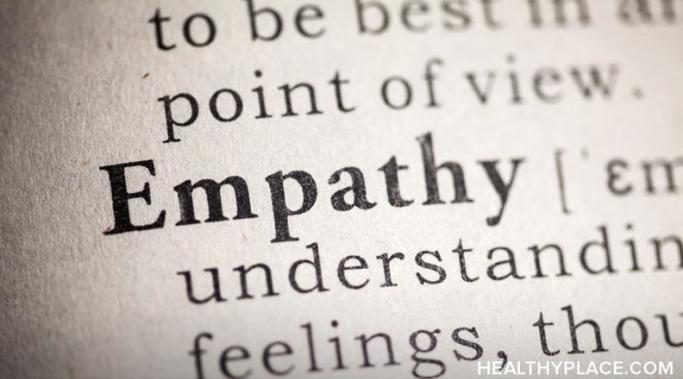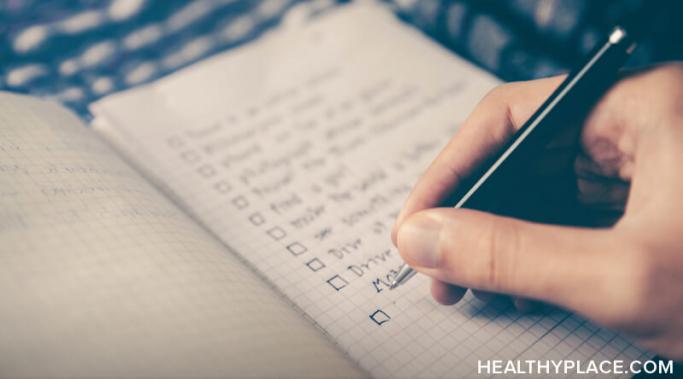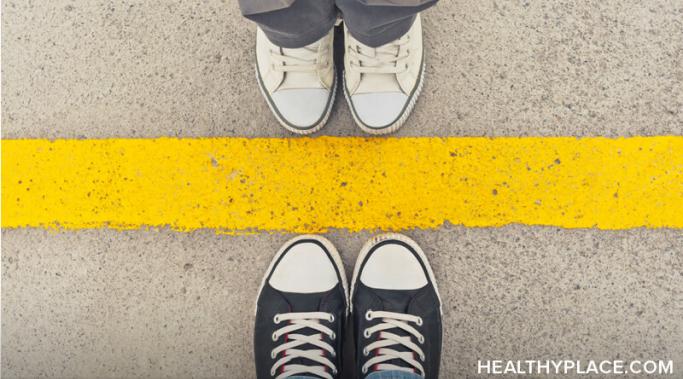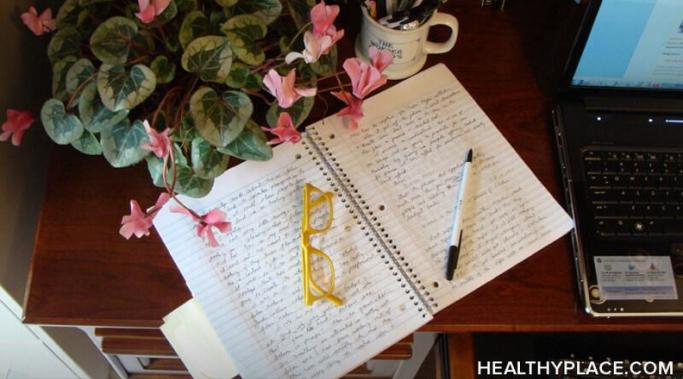To all those reading this blog: if there’s one thing I’d like you to take away from it, it’s how important developing empathy really is. This is something that is applicable far beyond just anxiety – I would argue that it’s essential if you want to be anything resembling a decent human being in general. But because we are focusing on mental health, I will devote this time specifically to why being an empathetic person is so important to those who are struggling with mental illness.
Anxiety-Schmanxiety
Imagine being able to stop worrying and find anxiety relief, even for a moment. Sometimes those moments bring a sense of peace and calm, allowing you to feel happy that your anxious thoughts, feelings, and experiences are leaving you alone. The quiet space is a reminder that, despite how it can seem, the work you're doing to move past anxiety and worries will pay off. In the meantime, there are times when your anxiety may spike and you just need a way to relieve anxiety and stop worrying now, in the moment. Here are 30 little ways to help you find relief when you need it.
Here's an anxiety checklist that can help you define your relationship with anxiety. A big part of Mental Health Awareness Month, currently in full swing, is increasing understanding of all things mental health. This includes your own relationship with anxiety. It's useful to know what anxiety is, especially if you're experiencing uncomfortable symptoms but don't know if they are related to anxiety. You can use the below anxiety checklist to better understand your anxiety and then to strengthen your mental health.
Though the potential causes of anxiety are infinite in number, I would suggest that issues surrounding communication are among the most significant. In this post, I want to argue for the importance of always being as open as possible when communicating with others, as I believe it is an important way to mitigate the potential negative effects of anxiety.
Dealing with boundary issues can cause anxiety, but it's possible to reduce that anxiety and establish healthy boundaries. Boundaries refer to your sense of yourself as well as when, where, how much, and from whom you'll give and take. The ability to establish boundaries helps your mental health as well as your relationships with others; however, anxiety can cause the inability to create boundaries just as the lack of boundaries can cause anxiety. Despite the double-edged sword, there are ways you can reduce anxiety around boundary issues to improve your quality of life.
I love where I live. But unfortunately, I recently discovered that, against all my wishes, I may have to move at the end of the month. I'm no longer secure in my home.
Boundary issues can cause us a tremendous amount of anxiety. Boundaries refer to your sense of self, to what makes you "you." They relate to how "you" interact in the world. What's important to you? How do you navigate your relationships? Every relationship involves give and take; your sense of boundaries define when, where, and with whom you'll give and where when, and from whom you'll take. Defining and maintaining boundaries can be extraordinarily difficult, often causing high anxiety. Read on for information about two ways that boundary issues can cause anxiety.
Books focusing on anxiety are helpful, but these nontraditional anxiety-related books are worth the read for anxiety sufferers.
For many of you, hearing me recommend being alone while anxious may seem foreign, if not counterproductive. After all, a common suggestion for people with any mental illness is to maintain a healthy support network to get you through tough times. I’m not disagreeing with that suggestion, for I think it’s vitally important for your health. What I am suggesting is that during those periods of heightened anxiety, it may be helpful to step away from everyone and allow yourself to be alone with your thoughts.
What are the effects of anxiety? Many people are familiar with anxiety; indeed, "anxiety" has become a common household word, and for good reason. The World Health Organization (WHO) reported in 2015 that almost 265 million people worldwide lived with an anxiety disorder. This figure doesn't include all the people who experience anxiety but not as a diagnosable disorder. Yet despite its prevalence, anxiety can be hard to describe and can leave people wondering if what they're feeling is anxiety or something else. Anxiety is a mental health condition with many effects. Here's a look at what anxiety is based on its effects.









